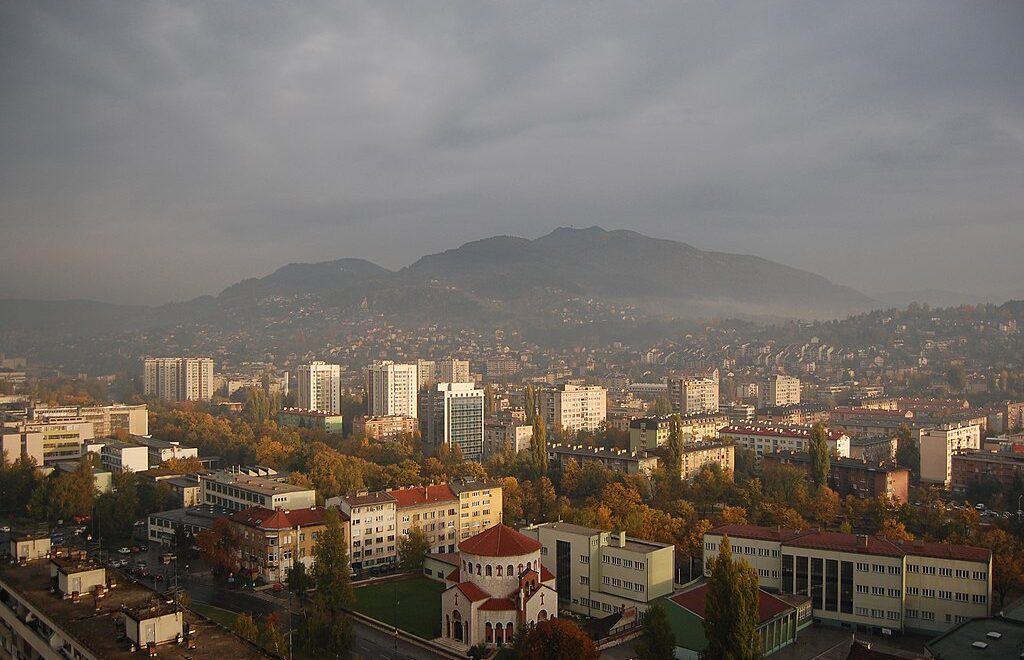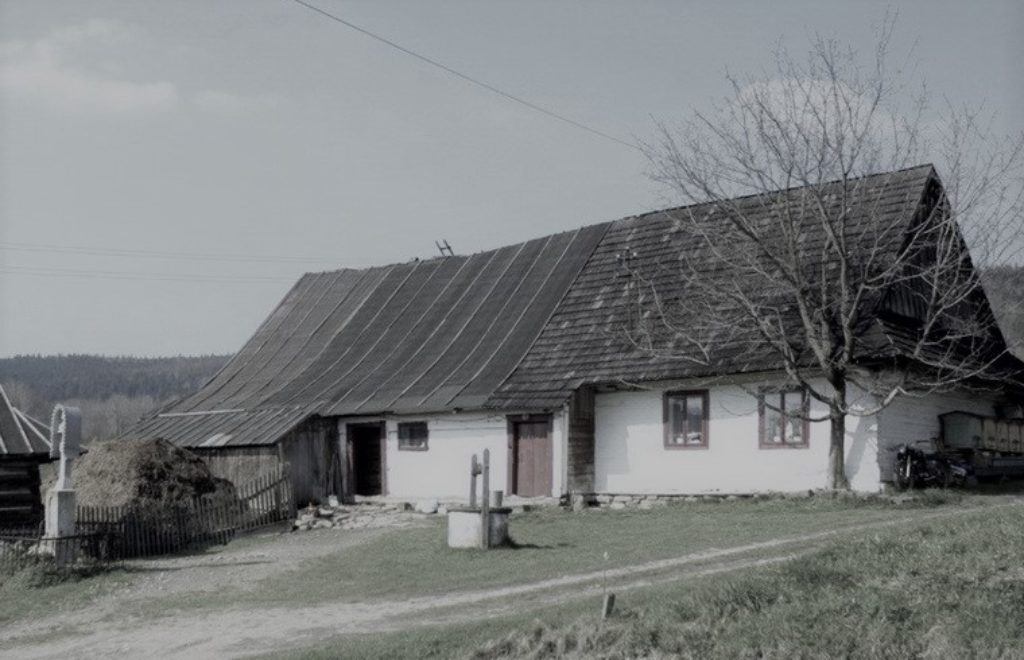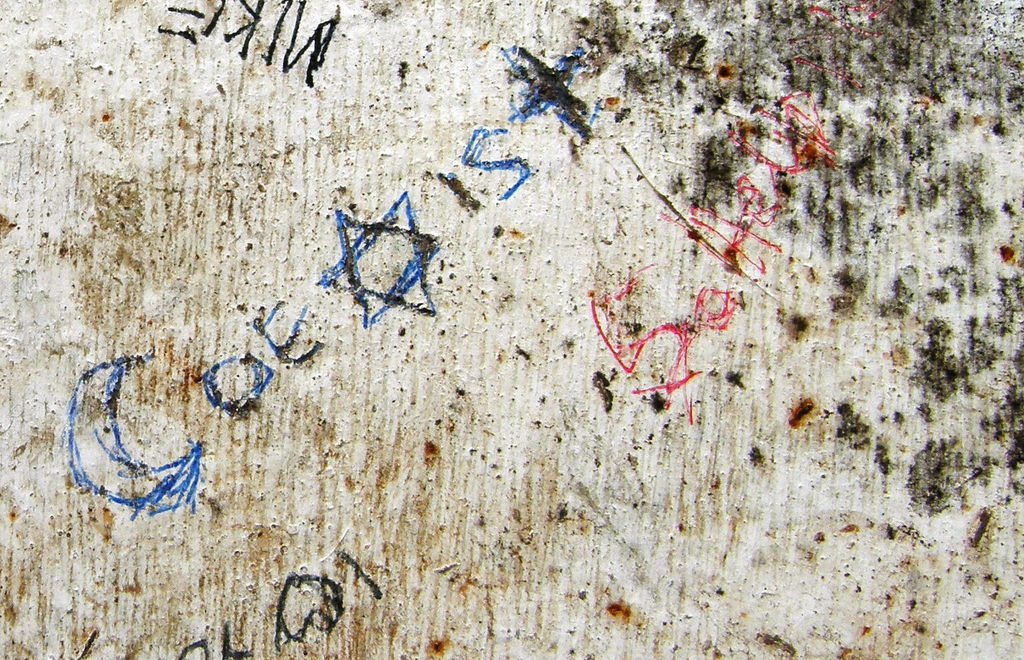In post-war Sarajevo a war is waged to win the future which had been taken away by the living ghosts of the past. The frontlines are nonetheless changing and now different people are pushed underground, stigmatised and treated as if they do not belong to the community. The ethnic and religious war has been replaced by a new culture war.
Some time ago, when the bloody Balkan war was still raging in Sarajevo, poet Izet Sarajlić, editor Čedo Kisić and professor Zdravko Grebo were explaining their world to me. None of them is alive anymore. Neither is Isak Samokovlija, a prominent Bosnian Jewish writer, whose stories took me to the most hidden corners of Sarajevo’s historical centre, Baščaršija, as well as the Grbavica and Bentbaša districts. I was listening to the stories of the writers and artists who had left Sarajevo, but who were still under its influence. They included Dževad Karahazan in Graz, Josip Osti in Ljubljana, Miljenko Jergović in Zagreb, and Nino Žalica in Amsterdam…
September 12, 2021 -
Krzysztof Czyżewski





































